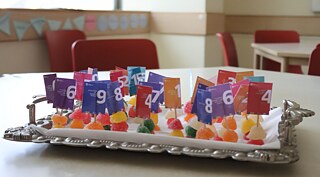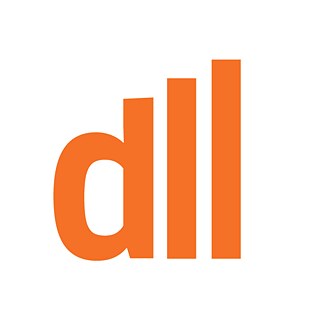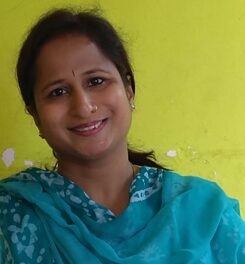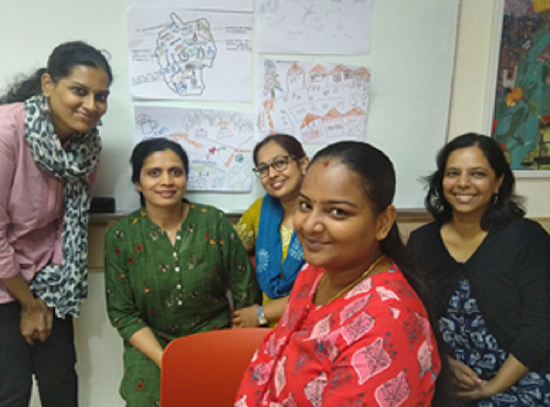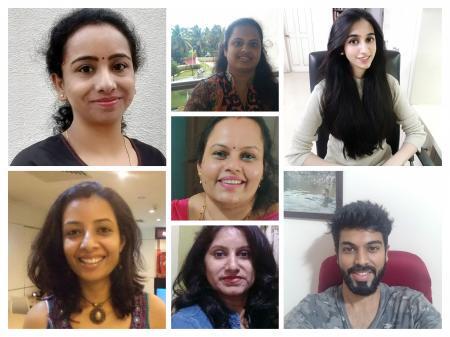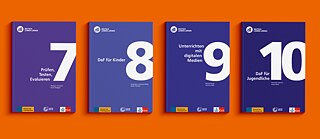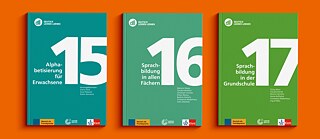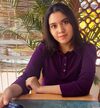 © Medha Jaganmohan
Medha:
© Medha Jaganmohan
Medha:
DLL is an invaluable experience: “A gift that broadens and deepens the art of teaching.”
♦ Methods of teaching that DLL focuses on, not only make you learn the language but acquire it in an engaging way.
♦ DLL is essential to anyone who cares about the language - it makes you smarter.
♦ And last but not least: Should anything stand in the way of creativity? - DLL has got your back!
 © Sageena Chandran
Sageena:
© Sageena Chandran
Sageena:
♦ DLL is a mixture of theory and practice and gives us concrete ideas to transform the mundane classroom into a lively and engaging class.
♦ DLL helps us to structure our classes and to integrate concepts seamlessly.
♦ DLL is a treasure trove of tips and tricks for our classroom teaching.
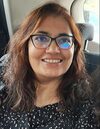 © Moli Bhattacharya
Moli:
© Moli Bhattacharya
Moli:
♦ This training programme has convinced me that a good teacher can really make a difference.
♦ When we implement the principles learnt in this programme, the learning and teaching experience is more interactive and fun.
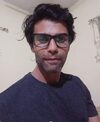 © Anish Suresh
Anish:
© Anish Suresh
Anish:
The course taught me how to teach languages – a skill which has its own set of peculiar hurdles to surmount. What aids the uninitiated (such as myself) in this quest, are the didactic strategies imparted to us. These, when brought into the classroom, give language learners the impression that they are learning the language on their own, thank you very much! Counter-productive, you say? I think not. A taste of that type of learning is empowering and leaves most yearning for more.
Furthermore, our course-in-charge ensured that the intensive theory sessions were followed up with relevant examples of how one could apply it in the classroom. All in all, despite its intensity – and perhaps because of it – the course is apt for those wishing to master the skill of language teaching.
 © Saumya Stephen
Saumya:
© Saumya Stephen
Saumya:
“The class should be fun” is not something you hear every day.
In the past, I have always associated the words “teaching and learning” to a picture of students, sitting silently in a classroom, listening to the teacher and taking down notes from the board.
DLL Program has changed my perspective to teaching and learning. I realised that learning should be, and can be, fun!
In addition, it provided me with tools, to deal with the challenges I faced in a classroom, for instance inactive participants, lack of contribution in group activities and so on.
The teaching methodologies help me plan a class keeping in mind who the learners are and what their communicative needs are.
